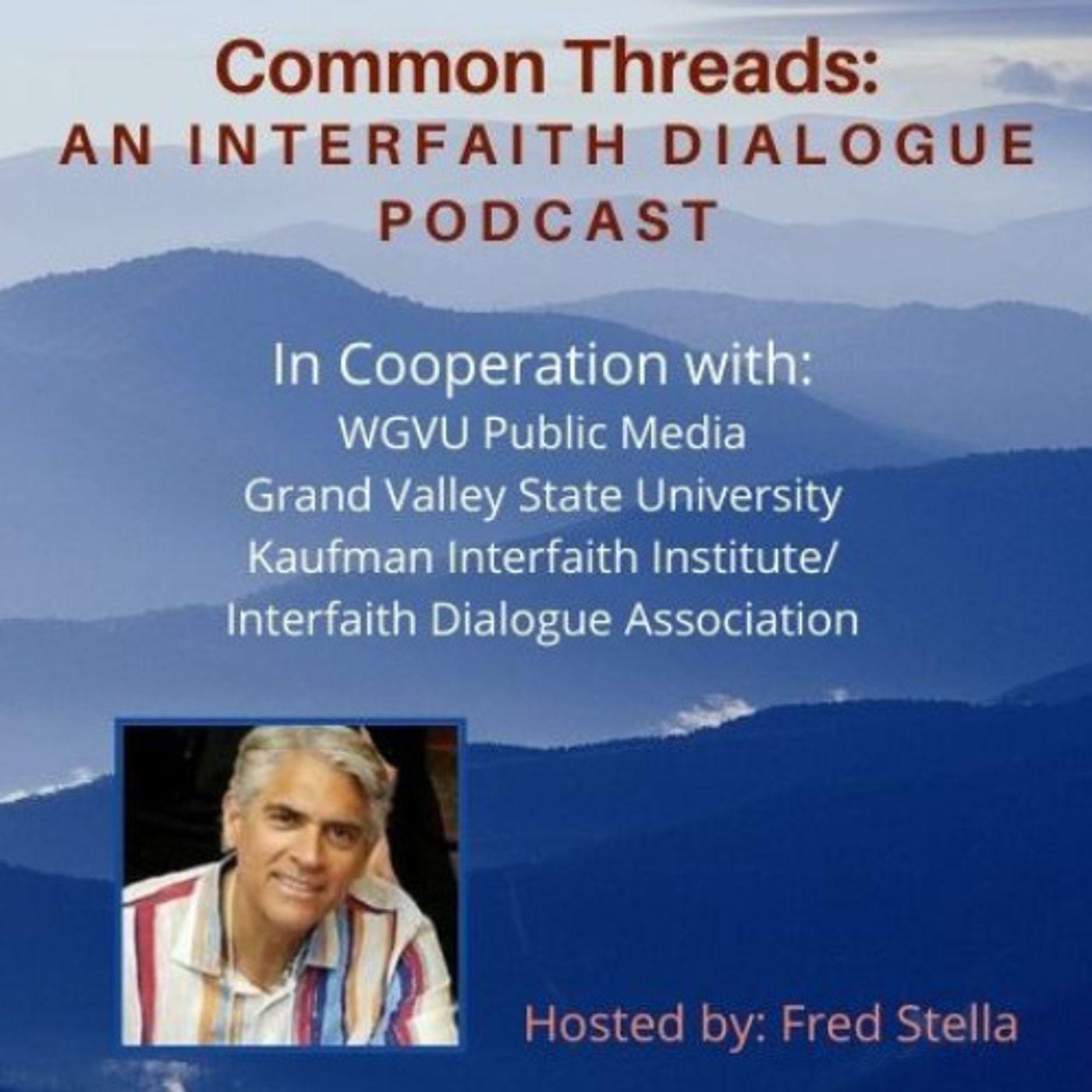Fred Stella welcomes MSU historian Emily Conroy-Krutz to Common Threads to discuss her book, Missionary Diplomacy
The American Christian church has historically been at the forefront of the missionary movement abroad. This is not news. But what many people are not aware of is that for much of the 19th century, Church and State engaged in a serious effort to marry the work of missionaries with a burgeoning diplomatic corps. So, along with evangelizing the peoples of many nations, these churchmen and women were influencing foreign policy and international relations.
As with most human endeavors, there are bright spots and dark ones. In her new book, Missionary Diplomacy, Prof. Conroy Krutz illuminates the crucial place of religion in nineteenth-century American diplomacy. From the 1810s through the 1920s, Protestant missionaries positioned themselves as key experts in the development of American relations in Asia, Africa, the Pacific, and the Middle East.
Missionaries served as consuls, translators, and occasional trouble-makers who forced the State Department to take actions it otherwise would have avoided. Yet as decades passed, more Americans began to question the propriety of missionaries’ power. Were missionaries serving the interests of American diplomacy? Or were they creating unnecessary problems?
As Emily Conroy-Krutz demonstrates, they were doing both. Across the century, missionaries forced the government to articulate new conceptions of the rights of U.S. citizens abroad and of the role of the US as an engine of humanitarianism and religious freedom. By the time the US entered the first world war, missionary diplomacy had for nearly a century created the conditions for some Americans to embrace a vision of their country as an internationally engaged world power. Emiy’s book, Missionary Diplomacyexposes the longstanding influence of evangelical missions on the shape of American foreign relations.
Emily Conroy-Krutz is a historian of the global history of nineteenth-century America. She has particular interests in American empire and the international dimensions of American religion and reform. She is also the author of Christian Imperialism: Converting the World in the Early American Republic (Cornell, 2015). Along with Michael Blaakman and Noelani Arista, she edited The Early Imperial Republic: From the American Revolution to the U.S.-Mexcian War (Penn, 2023).
At Michigan State, she teaches courses on American foreign relations, women’s history, revolutionary America, religion, and legal history. She serves as undergraduate honors advisor and mentors the History Scholars.
